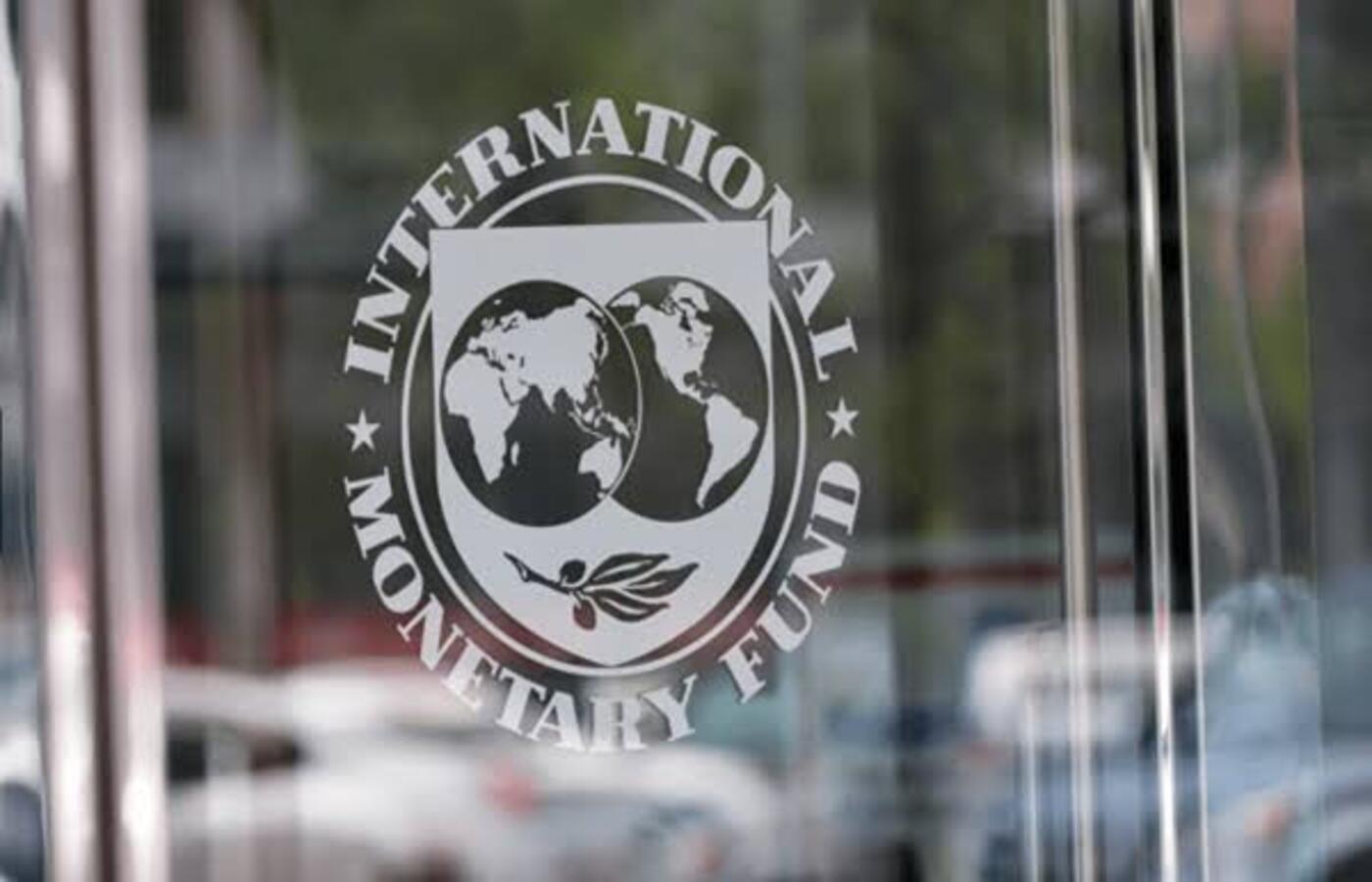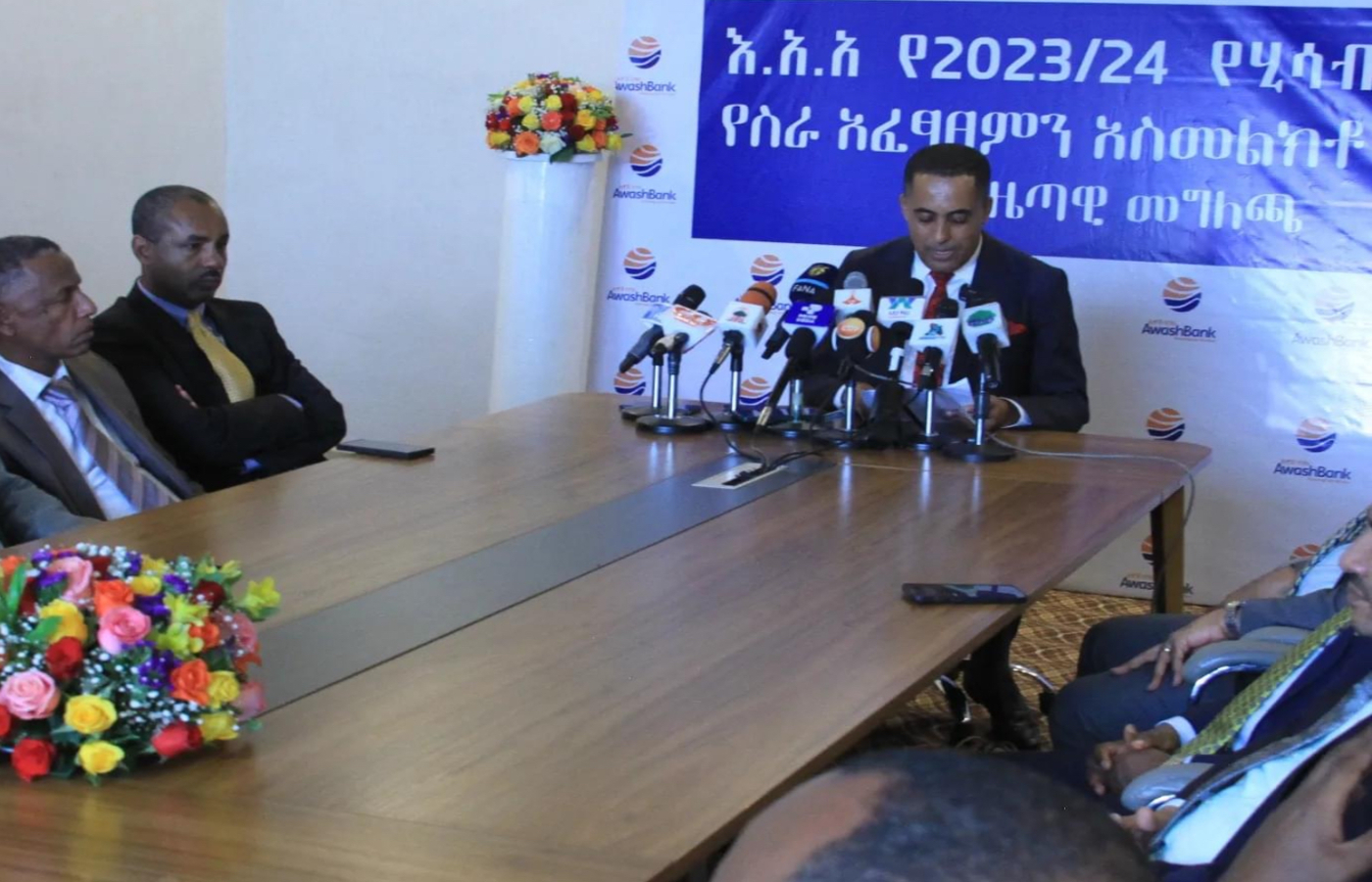Addis Ababa Water and Sewerage Authority (AAWSA) has introduced new rules to regulate groundwater use, as the Ethiopian capital grapples with a severe water shortage.
Addis Ababa, home to over five million people, relies on surface water from dams located outside city limits. However, the supply falls far short of meeting demand. Most residents now only get running tap water twice or thrice a week.
The dire water crisis prompted authorities to turn to managing groundwater resources within city boundaries for the first time. AAWSA's new directive mandates licenses for borewell drilling and taps.
Stringent conditions apply depending on the license applicant - private, cooperative housing or corporation projects. A hydro study is also required to determine potential yields below ground.
Once drilling is done, daily extraction volumes must be reported. Consumption limits will depend on borewell yields. Licensees also have to pay monthly/annual charges for water extracted.
The regulatory push in Ethiopia's capital to manage groundwater extraction gains urgency, as a new study warns drilling is no longer a viable option to meet the city's soaring water demands.
Engineering experts Fekadu Moreda and Tirusew Assefa presented their research last month at a UN conference in Addis Ababa. They cautioned that the city's fresh water supply is at serious risk of drying up completely if underground pumping continues unabated and unregulated.
Currently, Addis Ababa requires 1.2 million cubic meters of water per day but can only meet 40 percent of this demand through existing surface and groundwater sources. Most of its five million residents struggle with intermittent piped supply and rely on secondary sources.





